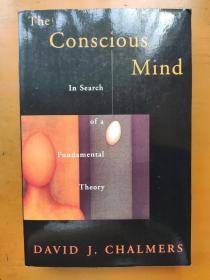
The Conscious Mind: In Search of a Fundamental Theory David J. Chalmers 有意识的心灵 大卫·J·查默斯 心智哲学 心灵哲学经典之作
在此书中,chalmers提出了关于意识著名的easy problem与hard problem,请看详细描述
¥ 250 九品
仅1件
作者David J. Chalmers
出版社Ox
出版时间1996
装帧平装
页数432页
上书时间2022-09-03
- 在售商品 暂无
- 平均发货时间 24小时
- 好评率 暂无
- 最新上架
商品详情
- 品相描述:九品
- 商品描述
-
The hard problem of consciousness is the problem of explaining why and how we have qualia[note 1] or phenomenal experiences. That is to say, it is the problem of why we have personal, first-person experiences, often described as experiences that feel "like something." In comparison, we assume there are no such experiences for inanimate things like, for instance, a thermostat, toaster, computer, or a sophisticated form of artificial intelligence.[2] The philosopher David Chalmers, who introduced the term "hard problem of consciousness,"[3] contrasts this with the "easy problems" of explaining the physical systems that give us and other animals the ability to discriminate, integrate information, report mental states, focus attention, and so forth.[4] Easy problems are (relatively) easy because all that is required for their solution is to specify a mechanism that can perform the function.[4] -摘自wikipedia
"Certainly one of the best discussions of consciousness in existence."--The Times Higher Education Supplement
"A startling first book....Offers an outstandingly competent survey of the field."--The Economist
"Chalmers shakes up the reductionist world of neurological research by asserting that scientists need to approach the conscious experience as a basic, nonphysical component of the world, similar to time, space, and matter."--Science News
"David Chalmers is widely credited for posing the so-called hard problem of consciousness:...What is the nature of subjective experience? Why do we have vividly felt experiences of the world? Why is there someone home inside our heads?"--The New York Times
相关推荐
-
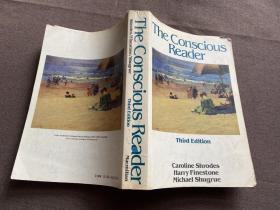
The Conscious Reader
九品北京
¥ 45.00
-

The Conscious Reader
八五品北京
¥ 25.00
-
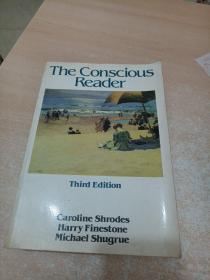
The Conscious Reader
八五品南充
¥ 50.00
-
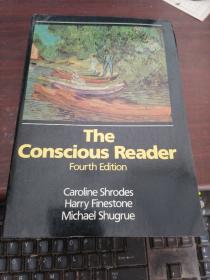
The Conscious Reader
八五品大连
¥ 80.00
-
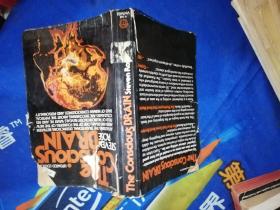
THE CONSCIOUS BRAIN
八五品北京
¥ 20.00
-

THE CONSCIOUS READER
八五品北京
¥ 30.00
-

THE CONSCIOUS READER
八五品北京
¥ 50.00
-

The Conscious Reader
九品东莞
¥ 68.00
-

The conscious reader
八五品北京
¥ 68.00
-

Offering from the Conscious Body
九品沈阳
¥ 80.00
— 没有更多了 —











![(精装版,国内现货,保存良好) The Selfish Gene: 30th Anniversary Edition Richard Dawkins 自私的基因 [英]理查德·道金斯 经典之作](https://www0.kfzimg.com/sw/kfz-cos/kfzimg/ddbebdee/1f8d64834c535e87_s.jpg)
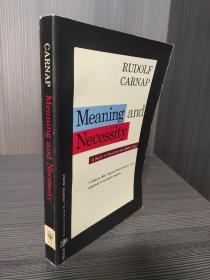
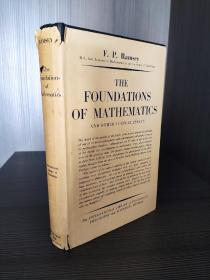


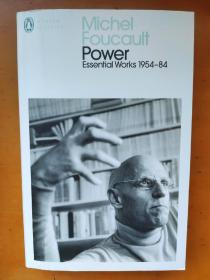

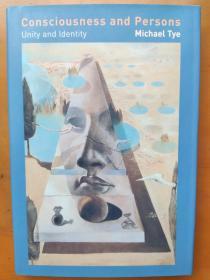
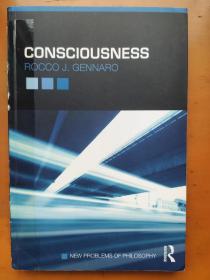


以下为对购买帮助不大的评价